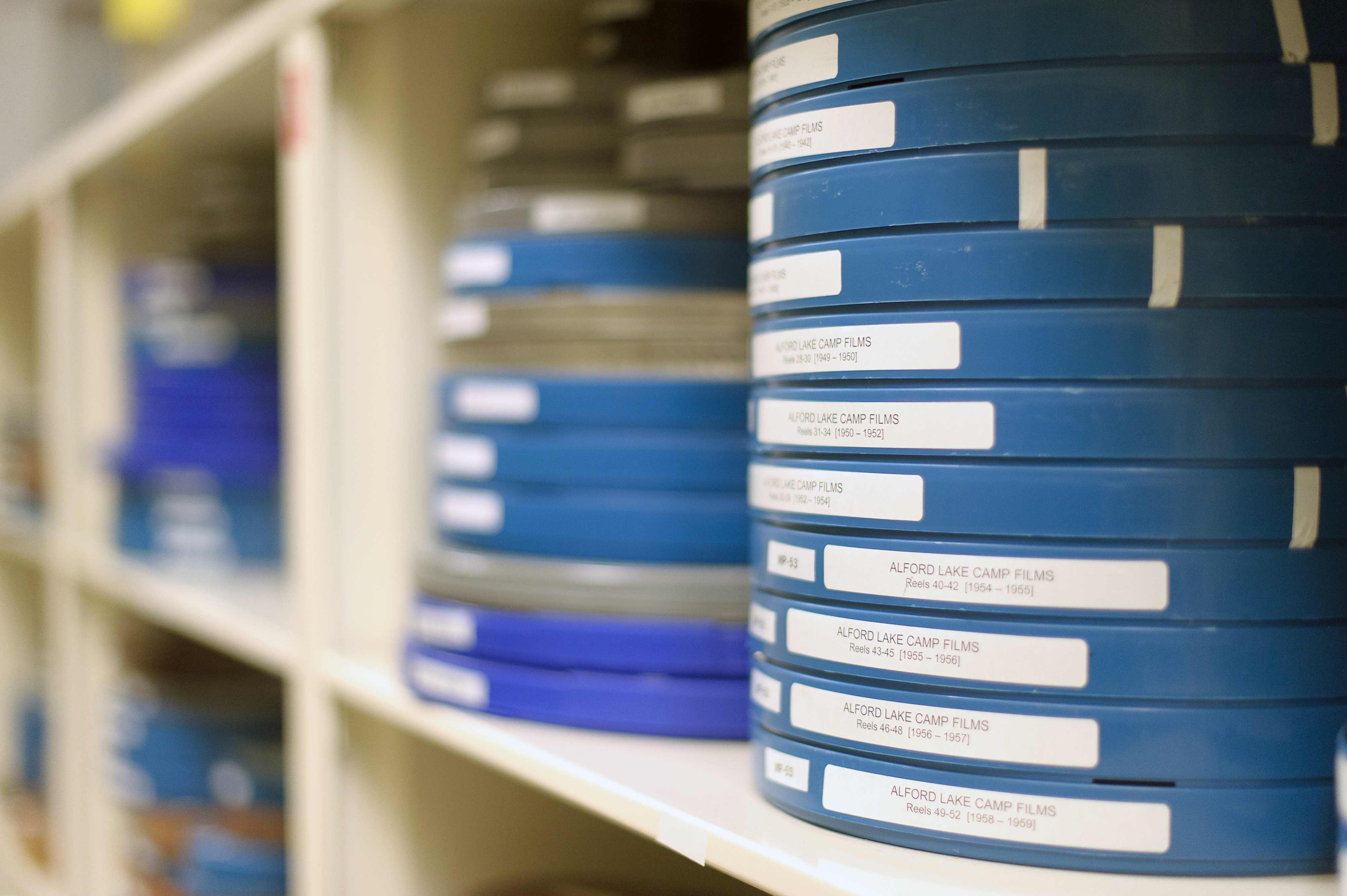LIS 512: Advanced Field Experience in LIS
At Simmons, all SLIS students are invited to take this elective course. This course is offered in the fall, spring, and summer semesters. There is an academic component to this course that encourages a reflective practitioner mindset.
As an advanced course, students cannot enroll in LIS 512 until they have completed 18 credits and all core SLIS courses. A project must be identified for each students before the start of the semester and requires consent to enroll.
SLIS faculty has identified program learning outcomes for all its courses; the first learning outcome listed is particularly relevant to these field experiences: “Apply professional standards, tools, and best practices in the information field and across specialized areas.”
Course Overview
This course is a focused field experience combined with a related academic components. The field experience involves a minimum of 130 hours in an LIS setting and approximately 20 hours of coursework completed online. As a 3-credit course, it has a significant hands-on learning component. Through discussion with key personnel in the organization and working under professional supervision, the student gains hands-on experience in the information environment.
Course topics include: transitioning from a student to a practitioner; workplace environments and organizational analyses; networking strategies; and the importance of professional development. We are happy to provide a full course syllabus if you are interested.
Course Assignments
There is one section of LIS 512 offered online in the fall, spring, and summer. Syllabi may vary from semester to semester, but here is a brief overview of assessments students are expected to complete for the course.
Readings
Optional readings are assigned to students to complement and encourage students to think critically about experiential learning and the workplace across LIS environments.
Reflective Journal
Students are encouraged to contribute to a digital journal each week they work over the course of the semester. These entries allow for students to reflect on their work that week, discuss their progress toward identified goals, and raise any questions for the instructor. These will be an invaluable tool for the students’ final reflections.
Discussions and reflections
The course, broken into five multi-week modules, prompts students with five distinct discussion forums. Topics include: organizational analysis, where students examine the management structure and mission of their host site; theory reflection, where students think about which theories learned from course work relate to their field experience; networking, where students identify possible references from their existing professional network and think about career development; leadership analysis, where students reflect on experience with and/or observations of leadership and management styles in LIS; and reflection, where students look back on their experience and look forward to their professional futures.
Field Experience Reports (Contract, Midpoint Reflection, and Final Reflection)
In addition to weekly journal entries and discussion participation, students complete three course assignments relative to their field experiences: a goals statement (identifying site location, supervisor, project scope, deliverables, and schedule, as well as short- and long-term goals); midpoint report (review of work thus far and basic research on field experience site); and final reflection with products (reflection of work and experience, with final deliverables appended).


